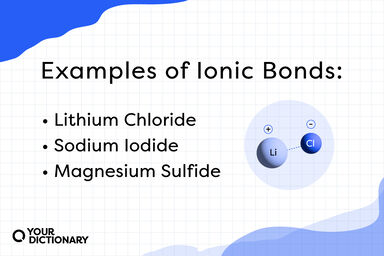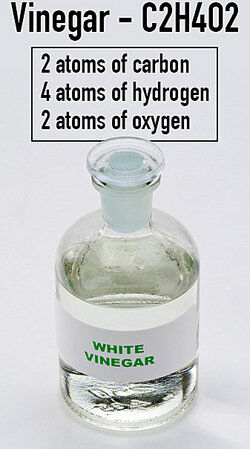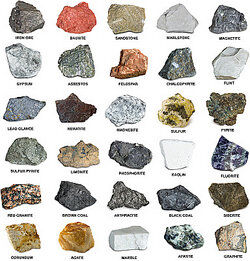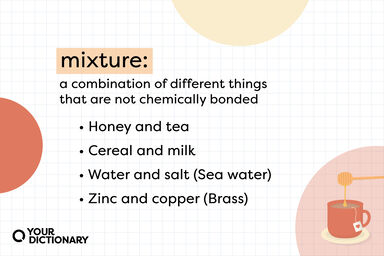Carbon Definition
Origin of Carbon
-
From French carbone, coined by Lavoisier, from Latin carbō (“charcoal, coal”), from Proto-Indo-European *ker- (“to burn”), see also Old English heorþ (“hearth”), Old Norse hyrr (“fire”), Gothic (hauri, “coal”), Old High German harsta (“roasting”), Russian церен (ceren, “brazier”), Old Church Slavonic крада (krada, “hearth, fireplace”), Lithuanian kuriu (“to heat”), karstas (“hot”) and krosnis (“oven”), Sanskrit कृष्ण (kṛṣṇa, “burnt, black”) and कूडयति (kūḍayati, “singes”), Latin cremare (“to burn”).
From Wiktionary
-
French carbone from Latin carbō carbōn- a coal, charcoal ker-3 in Indo-European roots
From American Heritage Dictionary of the English Language, 5th Edition
Find Similar Words
Find similar words to carbon using the buttons below.





